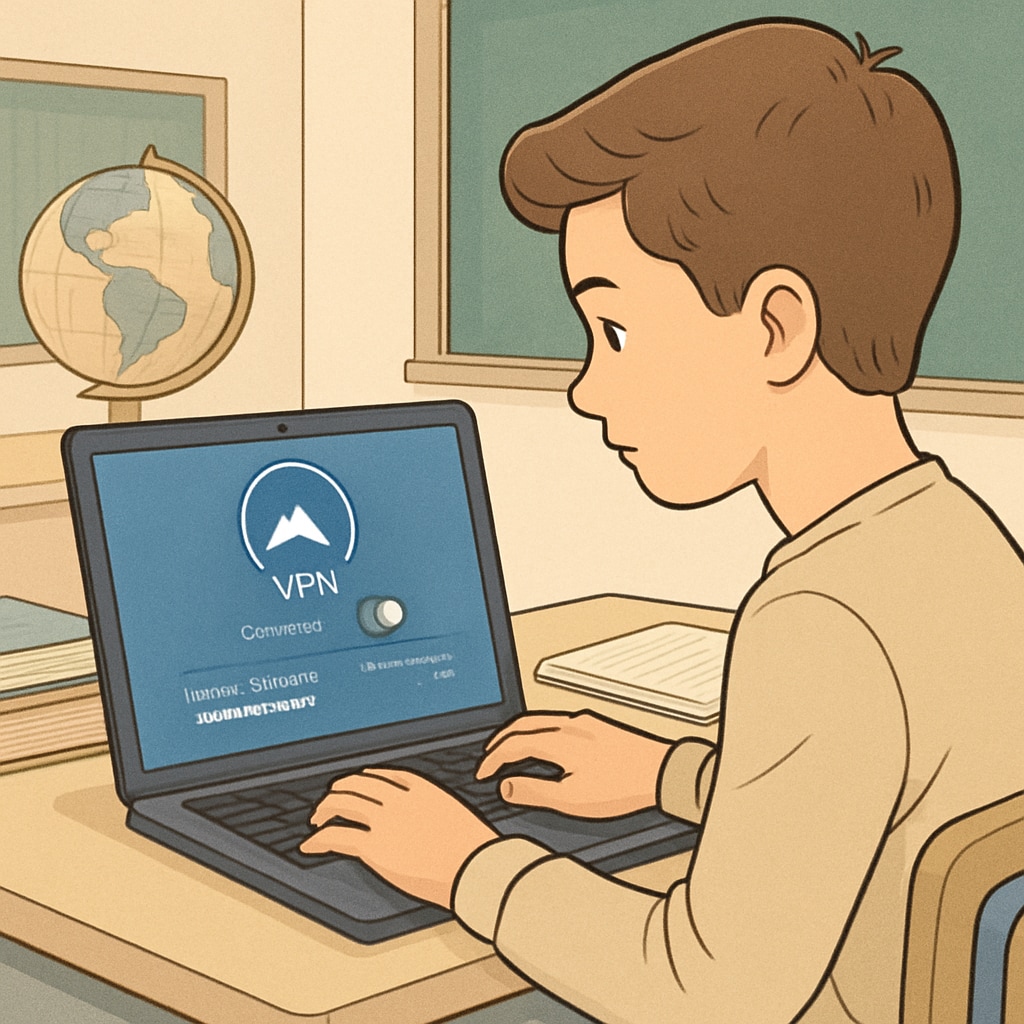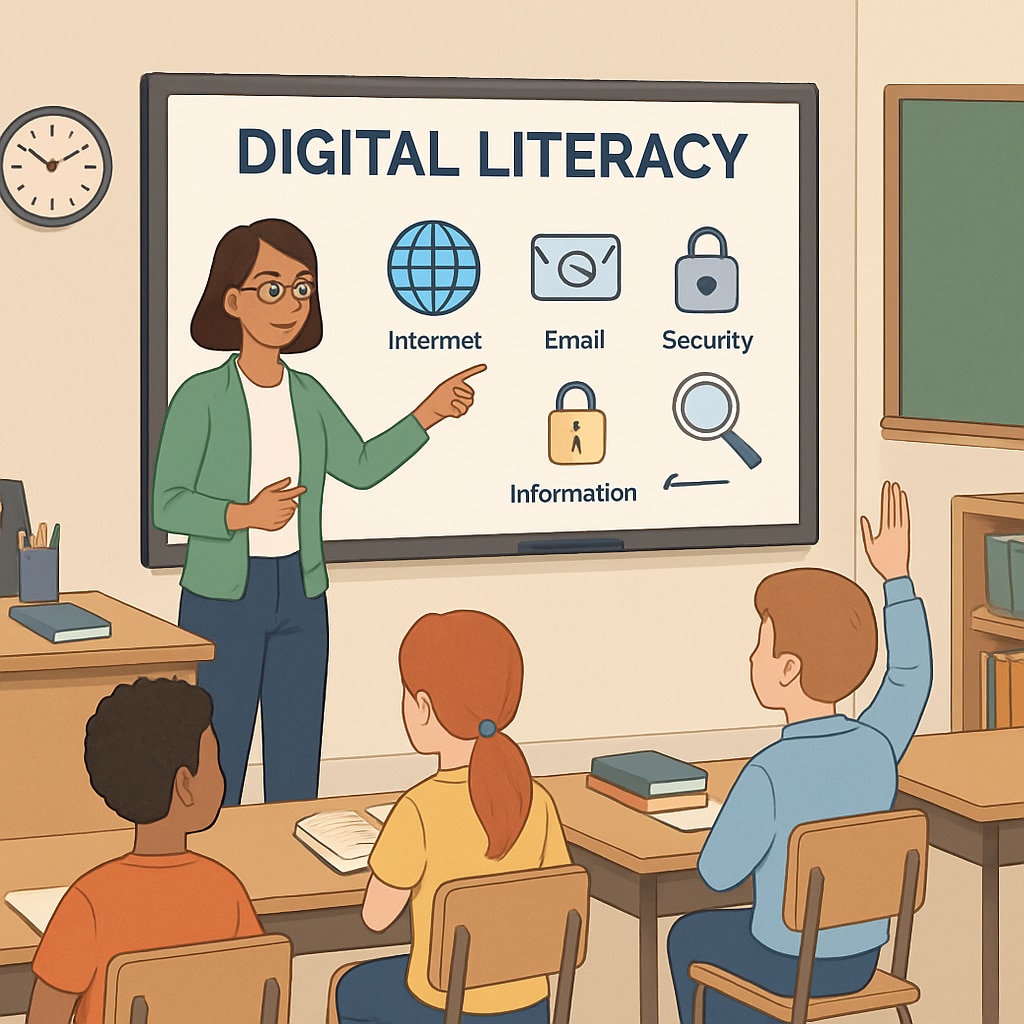The implementation of the UK’s age verification law, aimed at protecting minors from inappropriate online content, has inadvertently led to a significant increase in VPN usage. While the law’s intention is to safeguard vulnerable users, this trend reveals underlying gaps in digital literacy and online safety education, particularly among K12 students. This article explores the delicate balance between enforcing online safety measures and fostering a culture of responsible digital citizenship, offering actionable insights for educators and policymakers.
The UK’s Age Verification Law and Its Unintended Consequences
The UK’s age verification law, introduced to restrict access to adult content, requires users to verify their age through government-approved methods. Although the policy aims to create a safer digital environment for young users, it has driven a surge in the use of VPNs (Virtual Private Networks). VPNs allow users to bypass regional restrictions and anonymize their activities online, effectively circumventing the age verification system.
The rise in VPN usage raises questions about the law’s efficacy and its broader implications. While some adults use VPNs for legitimate privacy concerns, many minors have adopted this technology to bypass restrictions, exposing themselves to other risks such as malware or phishing attacks. This unintended consequence underscores the complexity of regulating digital spaces in an era where technological workarounds are readily available.

Understanding the Challenges of Digital Literacy in K12 Education
The increase in VPN usage among minors highlights a critical gap in digital literacy education. While schools often provide basic training in online safety—such as recognizing phishing scams or creating strong passwords—many curricula fail to address deeper issues, such as the ethical implications of circumventing restrictions or the risks associated with using unregulated tools like VPNs.
To bridge this gap, educators must prioritize a more comprehensive approach to digital literacy. This includes:
- Critical Thinking Skills: Teaching students to evaluate the consequences of their online actions, including the use of VPNs to bypass restrictions.
- Technical Awareness: Providing a clear understanding of how tools like VPNs work and the risks they entail.
- Ethical Digital Behavior: Encouraging students to respect online boundaries and adhere to policies designed for their protection.

Balancing Safety and Autonomy: A Shared Responsibility
Regulating online spaces to protect minors is essential, but it must be complemented by efforts to equip young users with the skills they need to navigate the digital world responsibly. Policies like the UK’s age verification law can only achieve their intended outcomes if paired with robust education initiatives that address the root causes of risky online behaviors.
Parents, educators, and policymakers all have roles to play in achieving this balance. For example:
- Parents: Engage in open conversations about online safety and set clear boundaries for internet use.
- Educators: Integrate digital literacy into existing curricula and provide hands-on training in safe online practices.
- Policymakers: Develop regulations that consider the adaptability of tech-savvy youth and invest in public awareness campaigns.
By fostering a collaborative approach, society can ensure that minors are not only protected from harmful content but also empowered to become responsible digital citizens.
Conclusion: Moving Beyond Restriction to Education
The UK’s age verification law serves as a case study in the challenges of regulating digital spaces. While well-intentioned, its unintended consequence—a rise in VPN usage—highlights the need for a more nuanced approach to online safety. For K12 students, this moment presents an opportunity to rethink how digital literacy is taught, emphasizing critical thinking, ethical behavior, and technical competence.
Ultimately, the goal should not be merely to restrict access but to educate and empower young users. By doing so, we can create a digital landscape that is not only safer but also conducive to the development of informed, responsible citizens.
For further reading, explore resources on digital literacy on Wikipedia or digital literacy on Britannica.


